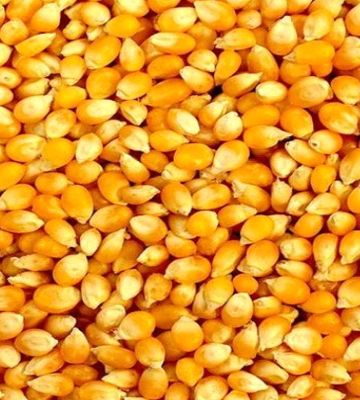
Maize, scientifically known as Zea mays, is a cereal grain that holds a prominent place in both agricultural and human history. Originating in Mesoamerica, maize has been cultivated for thousands of years by indigenous peoples such as the Maya, Aztec, and Inca civilizations.
The cultivation of maize played a transformative role in human civilization, contributing to the development of complex societies through its abundance, nutritional value, and versatility. Maize served as a staple food crop, providing sustenance for millions of people across the Americas.
Maize possesses several notable qualities that contribute to its significance. It is a rich source of carbohydrates, dietary fiber, vitamins (particularly vitamin A, vitamin C, and various B vitamins), and minerals such as potassium and magnesium. Additionally, maize is relatively low in fat and contains beneficial antioxidants such as carotenoids and phenolic compounds.
Culturally, maize holds immense importance in the traditions, cuisines, and rituals of indigenous cultures throughout the Americas. It is used in a myriad of culinary preparations, including tortillas, tamales, pozole, and various traditional beverages. Maize is also utilized in non-food products such as animal feed, biofuels, and industrial products.
In agricultural contexts, maize is valued for its adaptability to diverse climates and soil conditions, making it one of the most widely grown cereal crops worldwide. Its versatility and productivity have contributed to its widespread cultivation and consumption across continents.
Overall, maize stands as a symbol of resilience, sustenance, and cultural heritage. Its rich history, nutritional benefits, and multifaceted applications underscore its importance as a vital crop for global food security and human well-being.